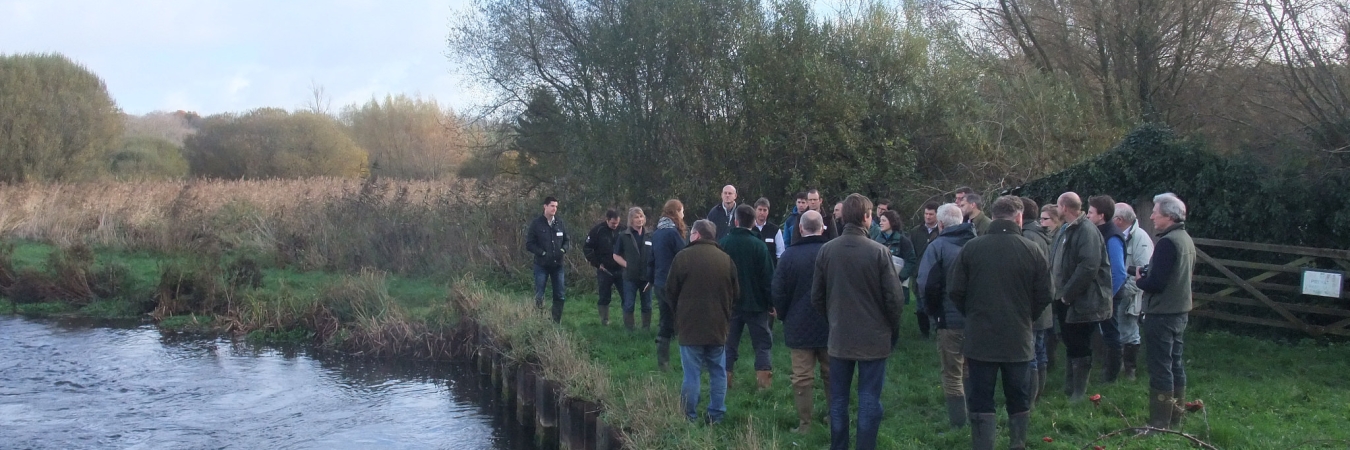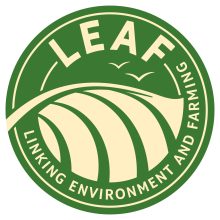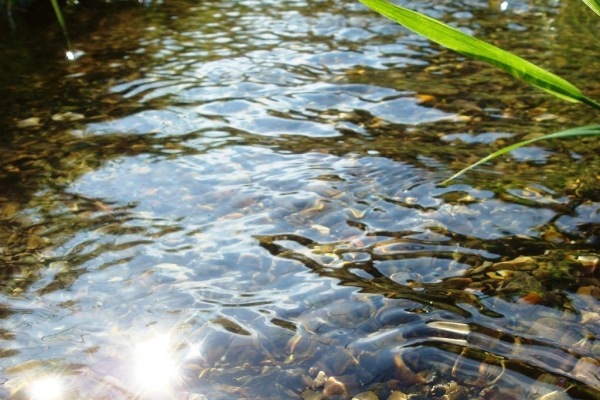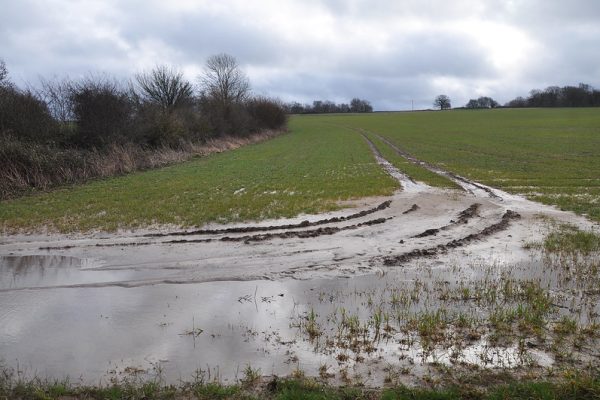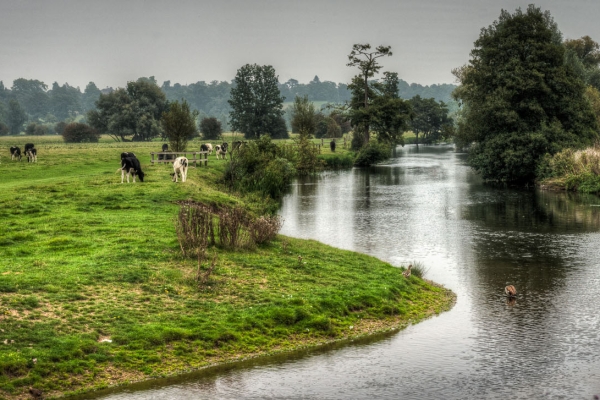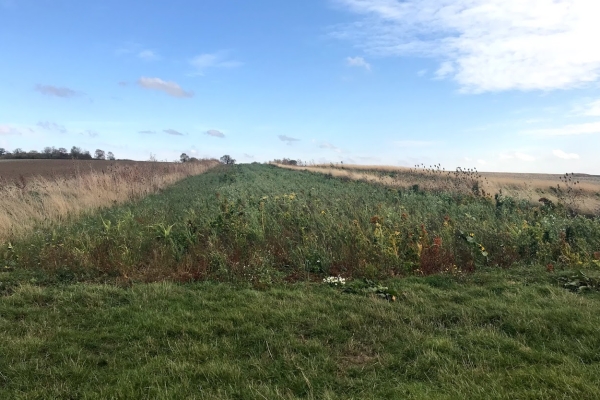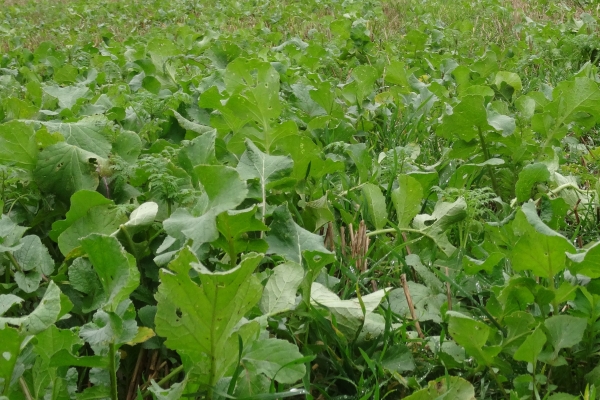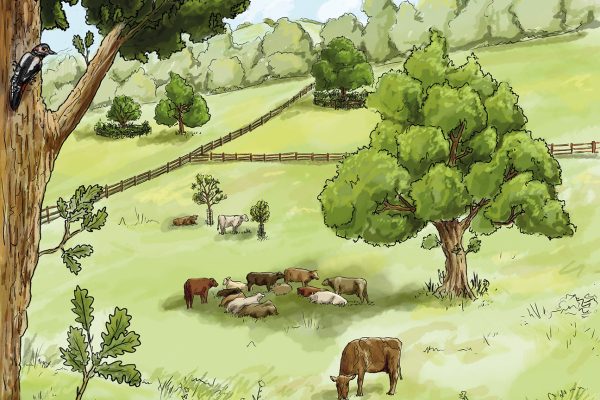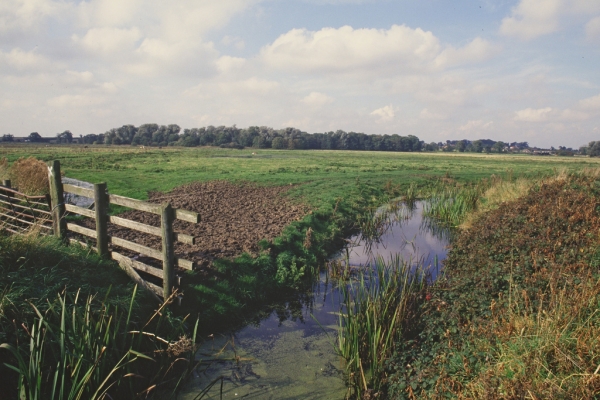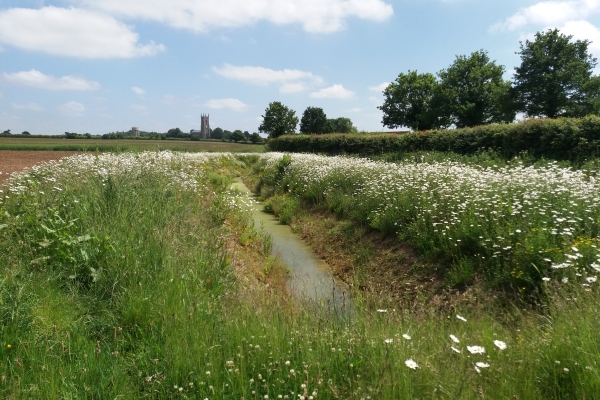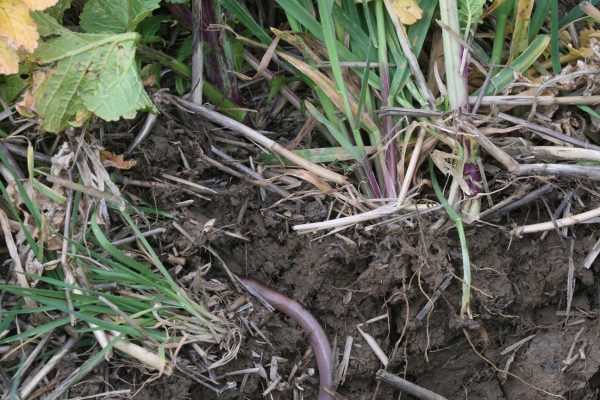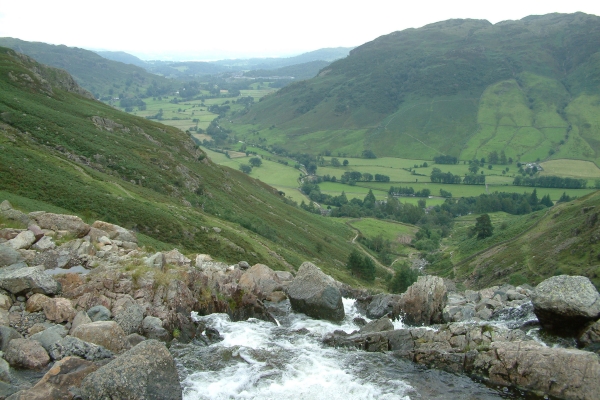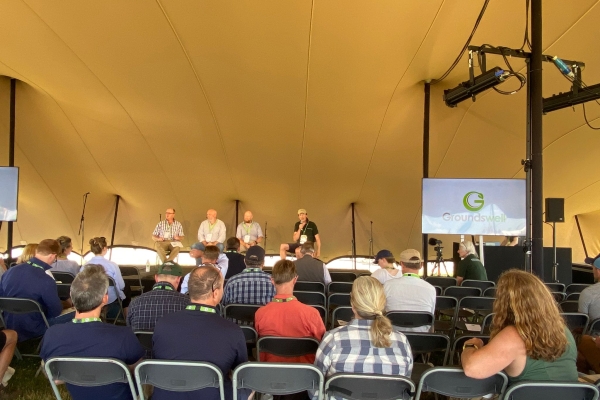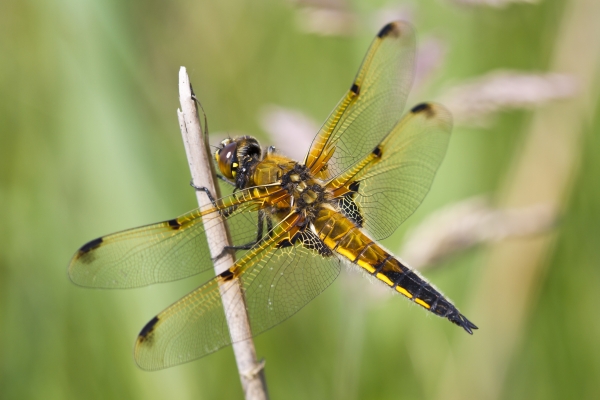Simply Sustainable Water
Six Simple Steps for managing water quality and use on your land
Resource explained
This booklet will help you develop effective on-farm management strategies for efficient water use and improve your farm’s contribution to protecting water in the environment, helping you meet Water Framework Directive requirements. It will help you manage water more sustainably through mitigating the impacts of unpredictable weather on your cropping and grazing plans.
It takes you through ‘Six Simple Steps’, designed to help improve the performance, health and long term sustainability of your land, following Integrated Farm Management (IFM) principles.
You are encouraged to assess and map your water use and quality over time, to build up a long-term picture of how you manage and protect your water sources as an integral part of your land management.
The steps are divided in to: water saving and protecting your water sources (management), soil management and drainage (physical health), and tracking your water use, and water availability and sunshine hours (monitoring).
Findings & recommendations
- Each step in the booklet is accompanied by a checklist and scoring system that you can use to complete a table at the back that will help you assess how well you are managing water and develop an action plan of areas you could improve.
- ‘Water saving’ outlines ways you can reduce water where practical, reuse where possible, and opportunities for recycling.
- ‘Protecting your water sources’ covers beneficial farming practices that can protect water sources and improve water quality, efficiency and wildlife; helping you reduce the risk of run-off, restore wetland areas and peat bogs, and tackle over-grazing.
- ‘Soil management’ highlights beneficial impacts good soil management can have on water sources around the farm and on helping you reduce run-off. It outlines factors to consider in order to maximise nutrient use and water use efficiency in both rain-fed and irrigated conditions.
- ‘Drainage’ looks at the importance of good drainage and how to ensure it is properly maintained and managed.
- ‘Tracking your water use’ covers ways to map and measure your water use and assess where it can be optimised.
- ‘Water availability and sunshine hours’ looks at the relationship between the two and how to ensure plant growth and water inputs are optimised.
Also see ‘Simply Sustainable Water at Overbury Farms‘
